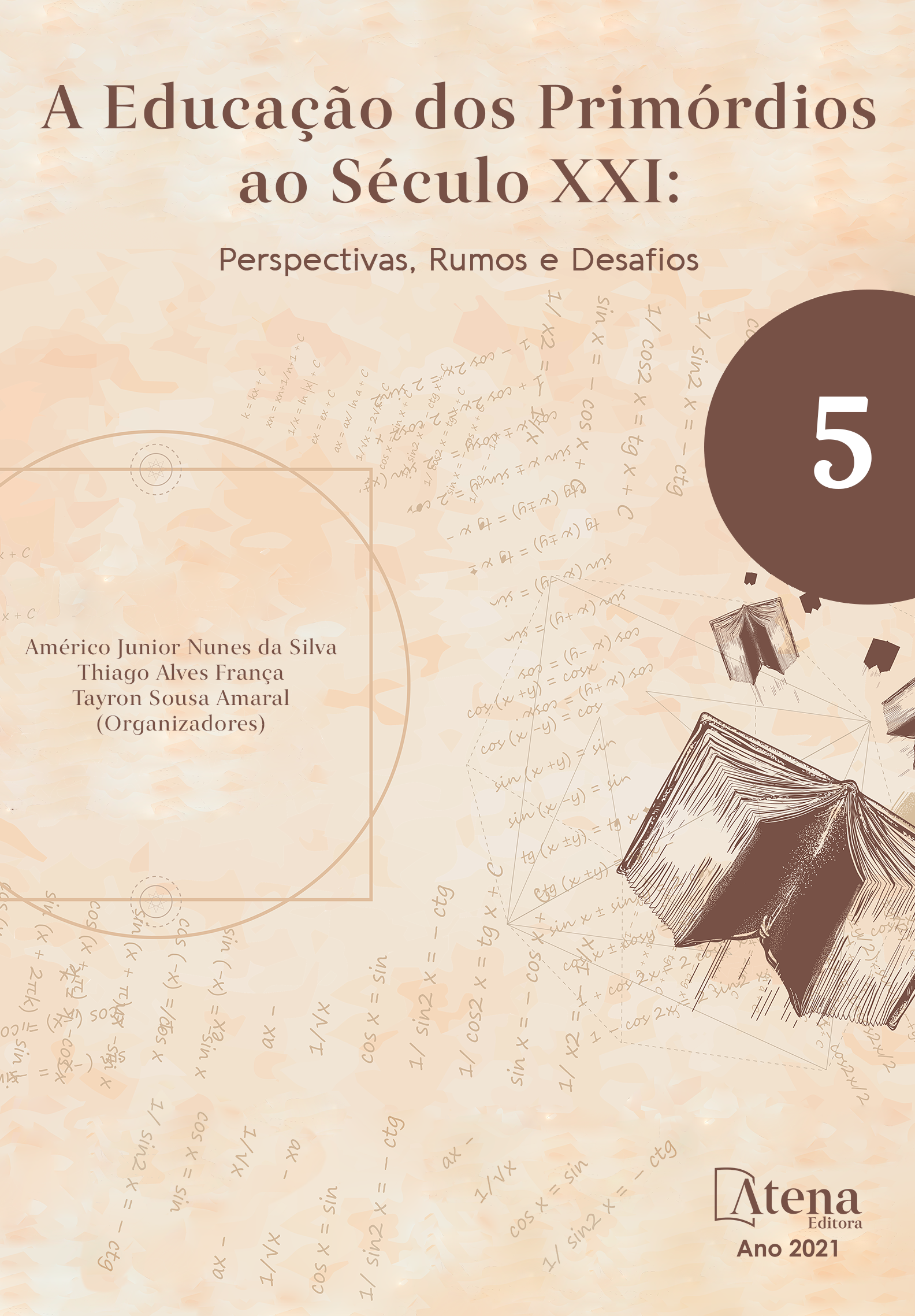
UM TRIBUTO À DIVINDADE DO ROCK´N´ROLL: SISTER ROSETTA THARPE
Este artigo apresenta a ação pedagógica O rock é negro, bebê! realizada em uma escola estadual da cidade de Bauru dentro do projeto de núcleo de ensino Quilombagem na escola: a cultura negra na Educação Física e na Arte. Entre os vários assuntos abordados e discutidos no projeto, veio à tona o pouco conhecimento que temos sobre o ritmo rock´n´roll. A partir dessa problemática, traçamos dois objetivos: o primeiro foi fazer um estudo sobre a origem desse gênero musical e o segundo realizar um levantamento sobre o que os jovens pensam sobre ele no que tange, especificamente, aos marcadores de gênero, raça e religião. Para essa pesquisa qualitativa nos orientamos pelo método participante e para o levantamento de dados utilizamos como instrumento um questionário, uma ficha de escolha e as notas de campo. O público participante foi estudantes do Ensino Fundamental - anos finais e Médio. Ao iniciar o estudo sobre a origem do rock´n´roll aprendemos que um dos precursores foi uma mulher, negra, religiosa e cantora de música gospel, Sister Rosetta Tharpe. Com essas informações, partimos para o levantamento de dados com o Ensino Médio que nos revelou que a visão dos estudantes sobre o rock´n´roll é que ele foi influenciado por um homem, branco e está ligado à figura do satanás. Então, partimos para o levantamento com os anos finais do ensino fundamental. Através da ficha de escolha que apresentava três marcadores sociais: gênero (homem/mulher), raça (branca/negra) e religião (com religião/sem religião), obtemos o seguinte resultado: homem (70,8%), negro (63,1%) e sem religião (51,4%). Essa experiência nos revelou que é preciso ampliar os referenciais culturais para a formação educativa dos estudantes no que tange aos marcadores de raça, gênero e religião, evidenciando o protagonismo das mulheres negras nas diferentes culturas e sociedades.
UM TRIBUTO À DIVINDADE DO ROCK´N´ROLL: SISTER ROSETTA THARPE
-
DOI: 10.22533/at.ed.45821100318
-
Palavras-chave: Antirracismo. Gênero. Mulher. Protagonismo.
-
Keywords: Anti-racism. Genre. Woman. Protagonism.
-
Abstract:
This article presents the pedagogical action Rock'n'roll is black, baby! held at a state school in the city of Bauru as part of the Quilombagem in school core project: black culture in Physical Education and Art. Among the various subjects addressed and discussed in the project, the little knowledge we have about the rock´n´roll music genre came to light. Based on this problem, we have outlined two objectives: the first was to conduct a study on the origin of this genre and the second to conduct a survey on what young people think about it with regard, specifically, to the markers of gender, race and religion. For this qualitative research, we guided ourselves by the methodology of participant observation and for data collection we used a questionnaire, a choice sheet and field notes as instruments. The participating public was Elementary School - final years - and High School students. When starting the study on the origin of rock´n´roll we learned that one of its precursors was a woman, black, religious and singer of gospel music, Sister Rosetta Tharpe. With this information, we started to collect data from High School students that revealed to us that the students' view of rock´n´roll is that it was influenced by a man, white and is linked to the figure of Satan. So, we started the survey with the final years of Elementary School. Through the choice sheet that presented three social markers: gender (man / woman), race (white / black) and religion (with religion / without religion), we obtain the following result: man (70.87%), black (63 , 1%) and without religion (51.45%). This experience revealed to us that it's necessary to expand the cultural references for the educational training of students with regard to markers of race, gender and religion, showing the role of black women in different cultures and societies.
-
Número de páginas: 14
- Andresa de Souza Ugaya
- Matheus Vinicios dos Santos Teixeira


